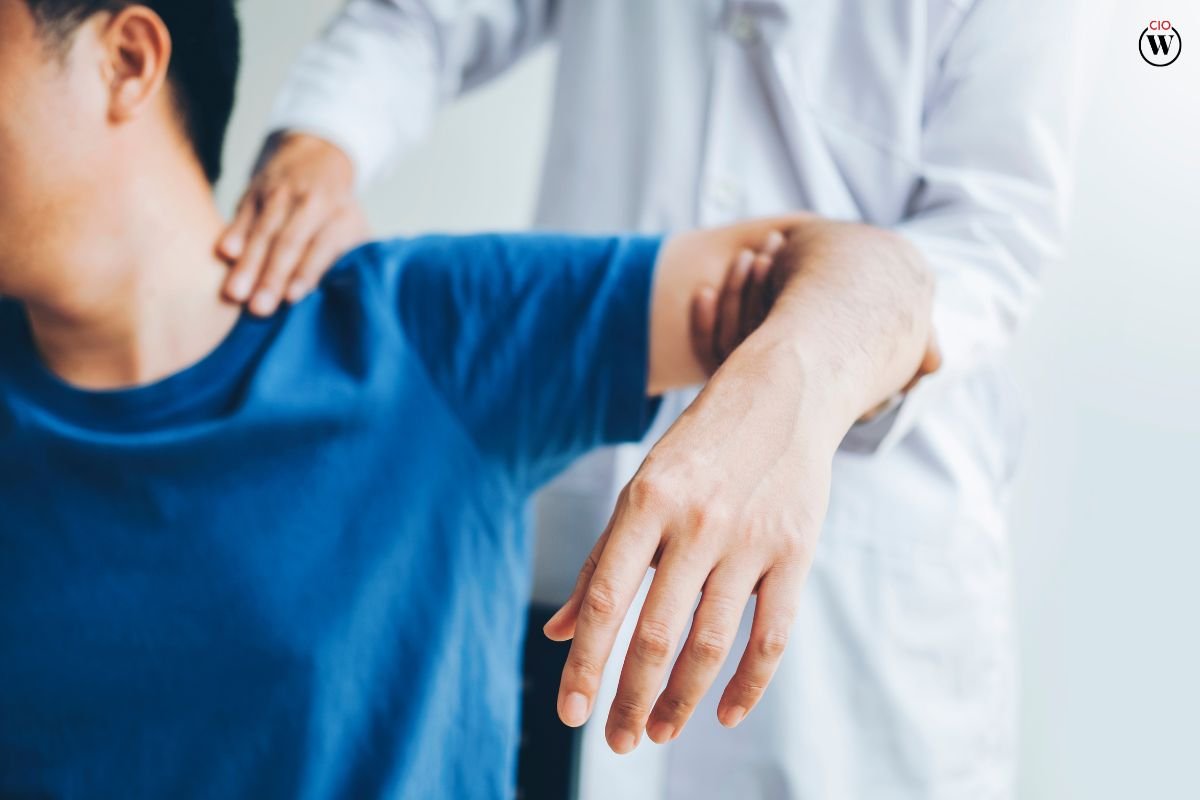Accidents can turn your life upside down in an instant, leaving you physically and emotionally shaken. The road to recovery may seem daunting, but understanding what to expect after an accident and knowing how to manage your recovery can make all the difference. This guide is designed to help you through this challenging time, offering practical tips for post-accident health and insights to ensure a smoother healing process. From immediate steps to long-term care, we’ll cover everything you need to know.
Let’s get started on the path to post-accident health and mental peace of mind recovery:
1. Immediate Steps After an Accident
Immediately after an accident, your primary concern should be your health. Seek medical attention as soon as possible, even if you feel fine. Some injuries may not manifest until hours or even days later. A thorough medical examination can identify hidden issues and prevent complications. Always follow your doctor’s initial recommendations and avoid any activities that could exacerbate your condition.
Additionally, document everything related to the accident and your injuries. Keeping detailed records will be invaluable for both medical and legal purposes. Take photos of the accident scene, your injuries, and any damage to property. Write down your symptoms and any treatments you receive. This documentation will help you understand your recovery progress and serve as evidence should you need it later.
2. Finding Legal Support
Navigating the aftermath of an accident often involves dealing with complex legal matters, making it crucial to seek appropriate legal support. Engaging with a qualified attorney who specializes in personal injury law can provide you with the guidance needed to understand your rights and options. A lawyers office can assist you in gathering necessary documentation, negotiating with insurance companies, and representing you in court if needed. Their expertise will not only help you secure the compensation you deserve but also alleviate some of the stress associated with the recovery process. Remember, being proactive in your approach to legal support can significantly impact your overall recovery journey.
3. Managing Pain and Physical Therapy
Pain management is often one of the most challenging aspects of post-accident recovery. It’s essential to follow your doctor’s recommendations for pain relief, which may include medications, physical therapy, or alternative treatments like acupuncture or chiropractic care. Physical therapy is particularly beneficial as it helps restore mobility and strength, reducing the risk of long-term complications.

Consistency in attending physical therapy sessions and performing prescribed exercises at home is vital for effective post-accident health recovery. Listen to your body and communicate with your therapist about any discomfort or progress. Gradual improvement is the goal, so be patient with yourself. Over time, you’ll find that regular physical therapy can significantly enhance your quality of life and speed up your return to normal activities.
4. Emotional and Psychological Recovery
The emotional aftermath of an accident can be just as debilitating as physical injuries. It’s common to experience anxiety, depression, or post-traumatic stress disorder (PTSD) following a traumatic event. Recognizing and addressing these emotional challenges is crucial for your overall well-being. Seeking support from a mental health professional can provide you with coping strategies and a safe space to process your feelings.
Don’t underestimate the power of a strong support system. Surround yourself with friends and family who can offer emotional support and encouragement. Engaging in post-accident health activities that bring you joy and relaxation, such as hobbies or exercise, can also help improve your mood and reduce stress. Remember, emotional healing takes time, and it’s okay to seek help when needed.
5. Nutrition and Hydration for Healing
Proper nutrition and hydration play a significant role in the healing process. Your body needs essential nutrients to repair damaged tissues and maintain overall health. Focus on a balanced diet rich in fruits, vegetables, lean proteins, and whole grains. These foods provide the vitamins and minerals necessary for recovery. Staying hydrated is equally important, as water aids in cellular repair and keeps your energy levels up.

Consider consulting a nutritionist to create a meal plan tailored to your specific post-accident health needs. They can recommend foods that promote healing and help you avoid those that might hinder your recovery. Additionally, avoid alcohol and caffeine, as they can dehydrate you and interfere with medication efficacy. By prioritizing your nutritional needs, you’ll support your body’s natural healing processes and enhance your overall recovery.
6. Long-Term Care and Follow-Up
Recovery from an accident doesn’t end once your immediate injuries are treated. Long-term care and regular follow-up appointments with your healthcare providers are essential for monitoring your progress and addressing any lingering issues. These post-accident health follow-ups can help detect potential complications early and adjust your treatment plan as needed.
Stay proactive in your recovery by adhering to your doctor’s recommendations and attending all scheduled appointments. Keep track of any new symptoms or changes in your condition and report them to your healthcare provider. Additionally, consider joining support groups or communities of individuals who have gone through similar experiences. Sharing your journey and learning from others can provide valuable insights and emotional support.









